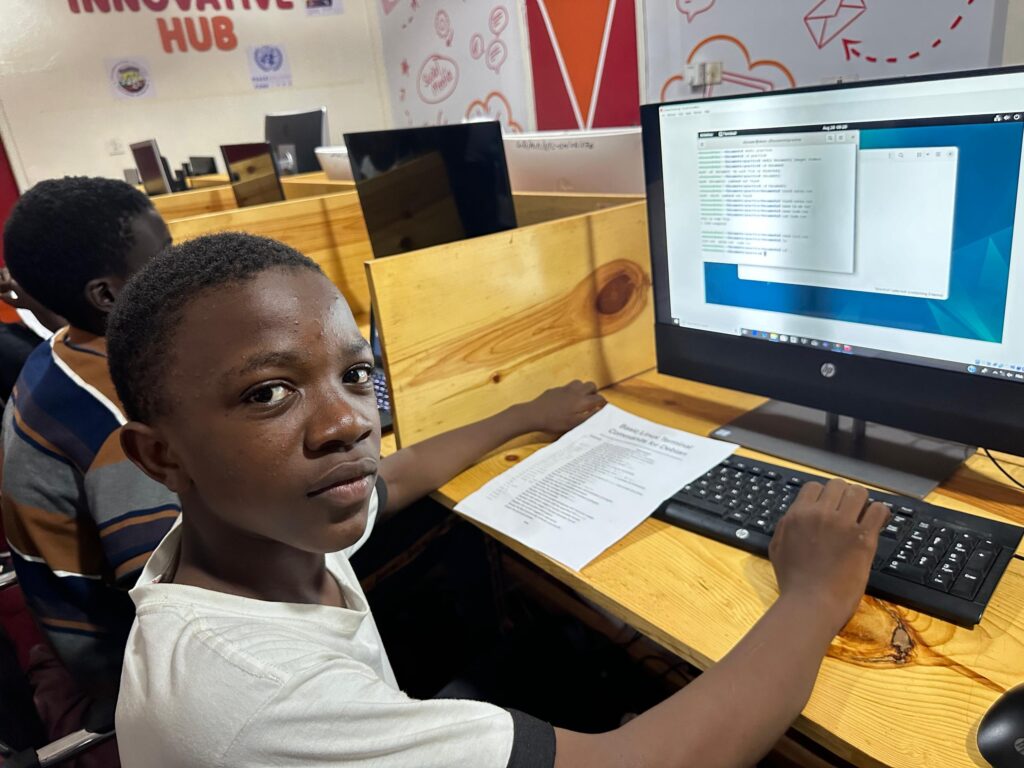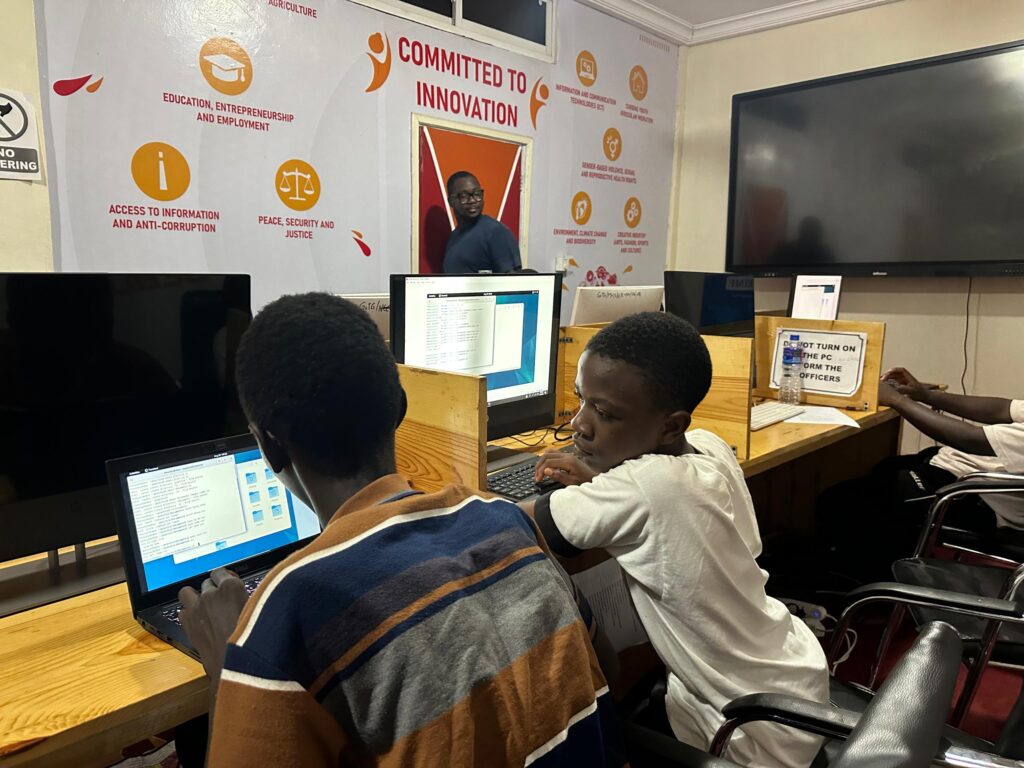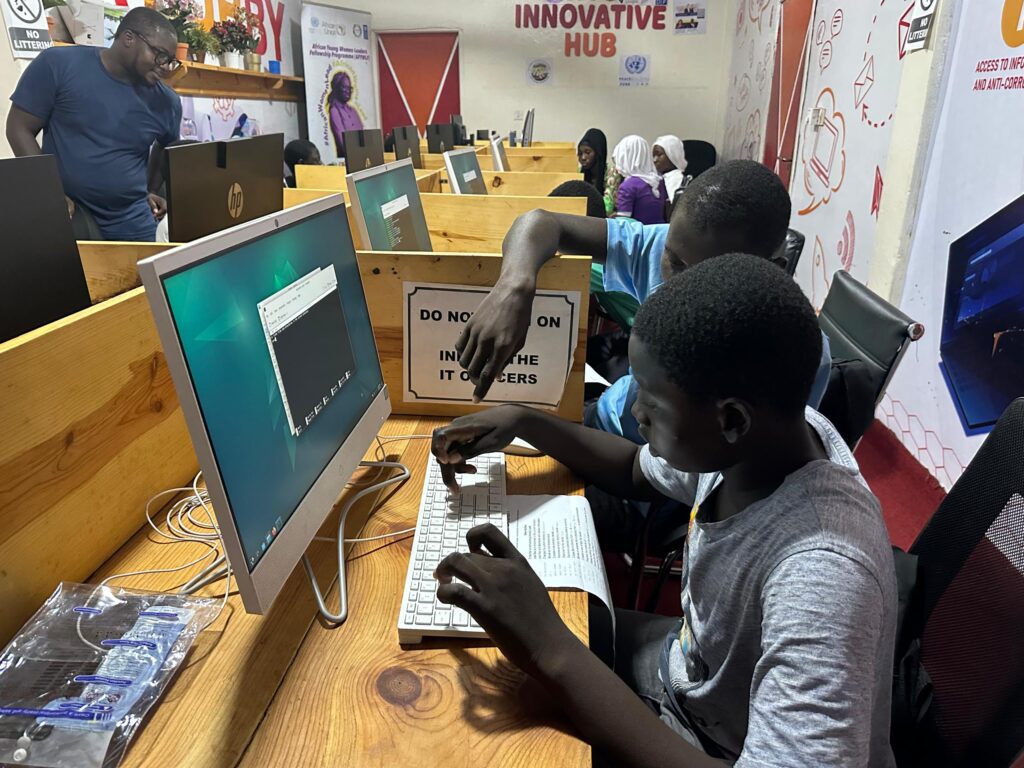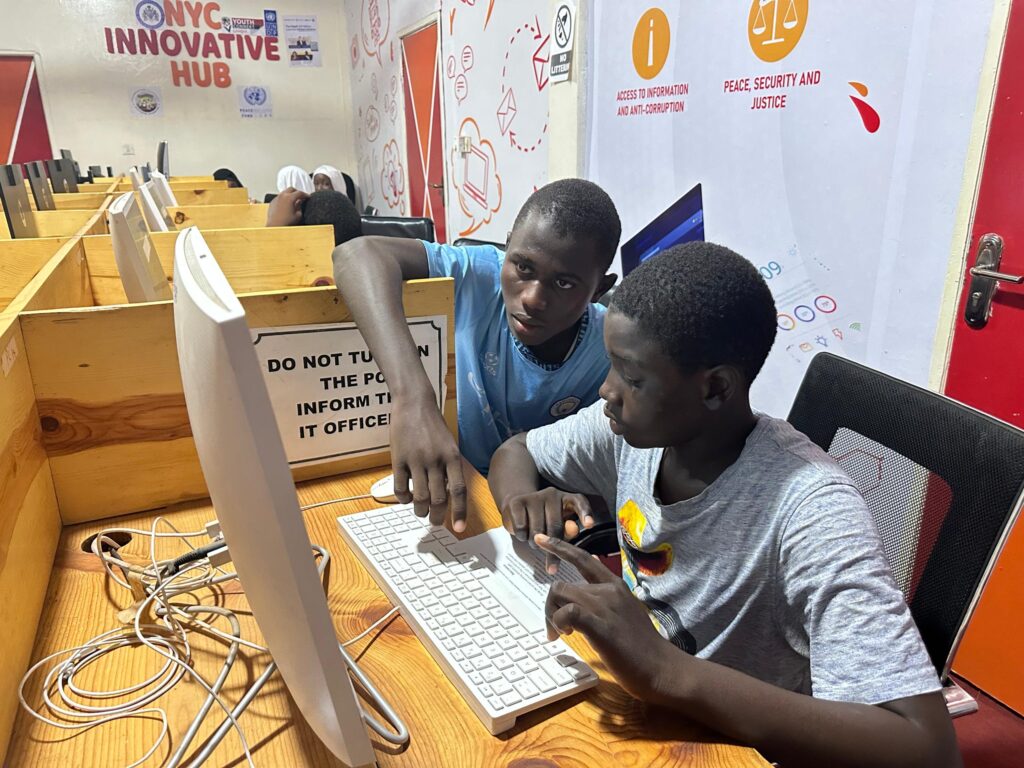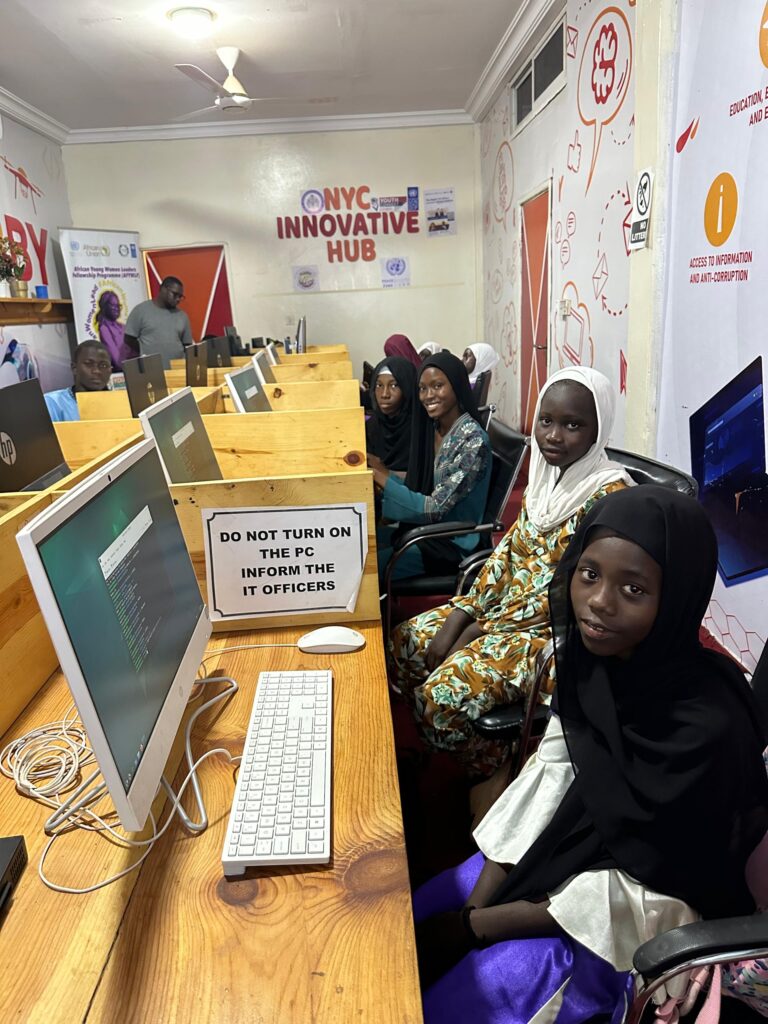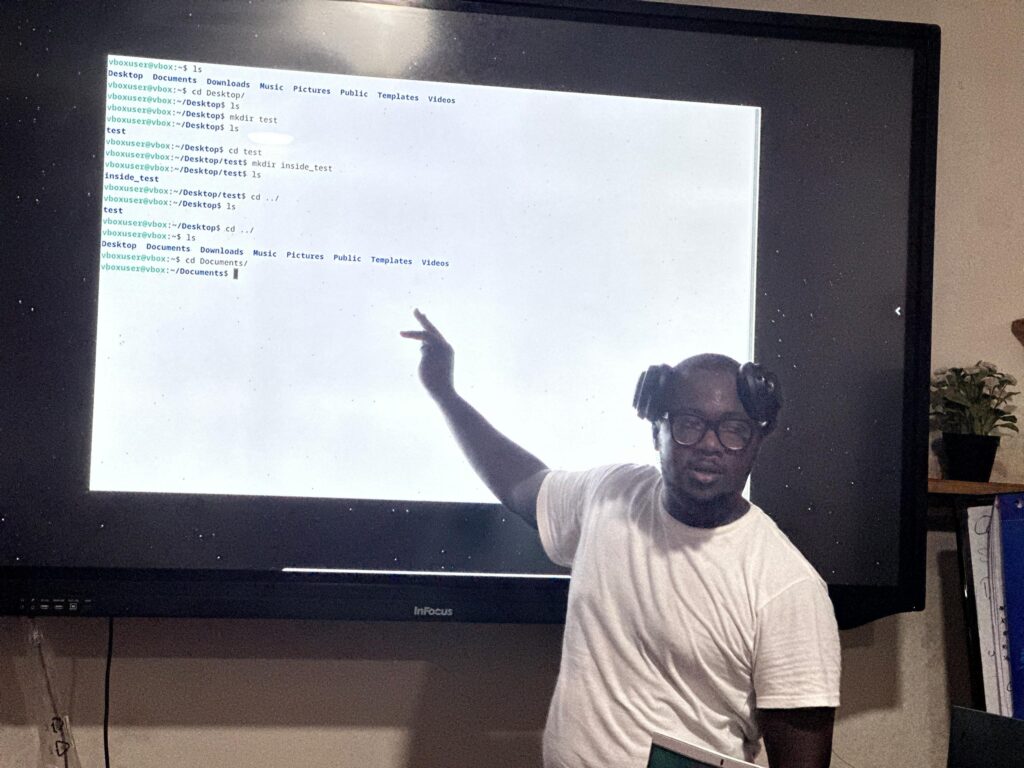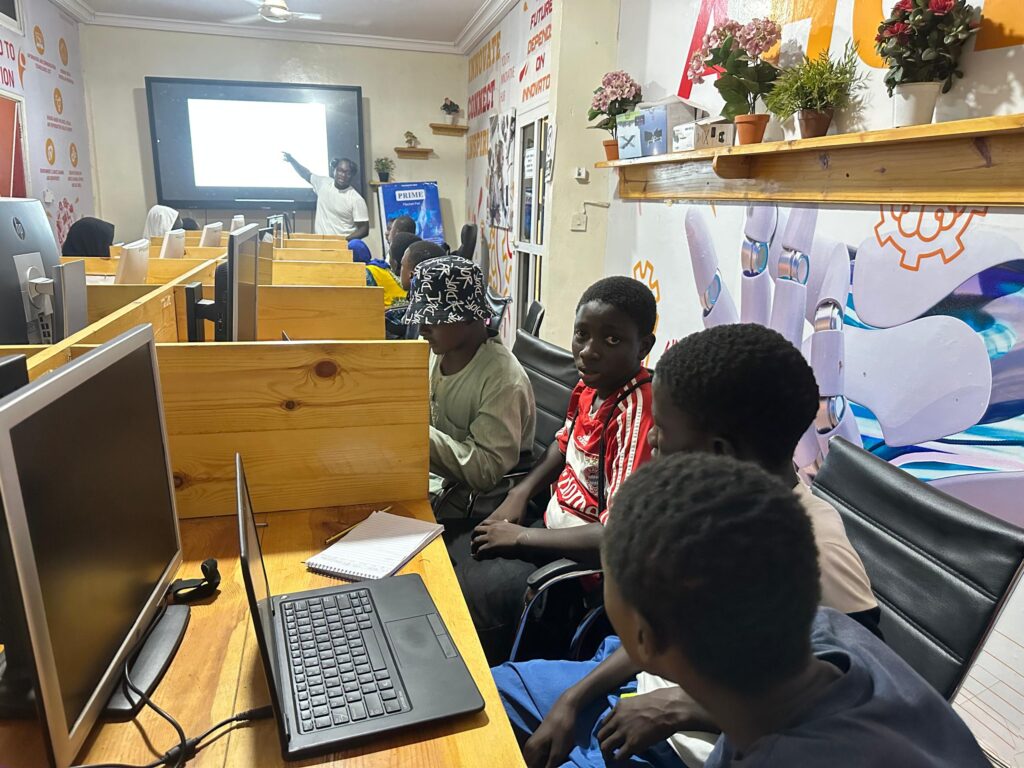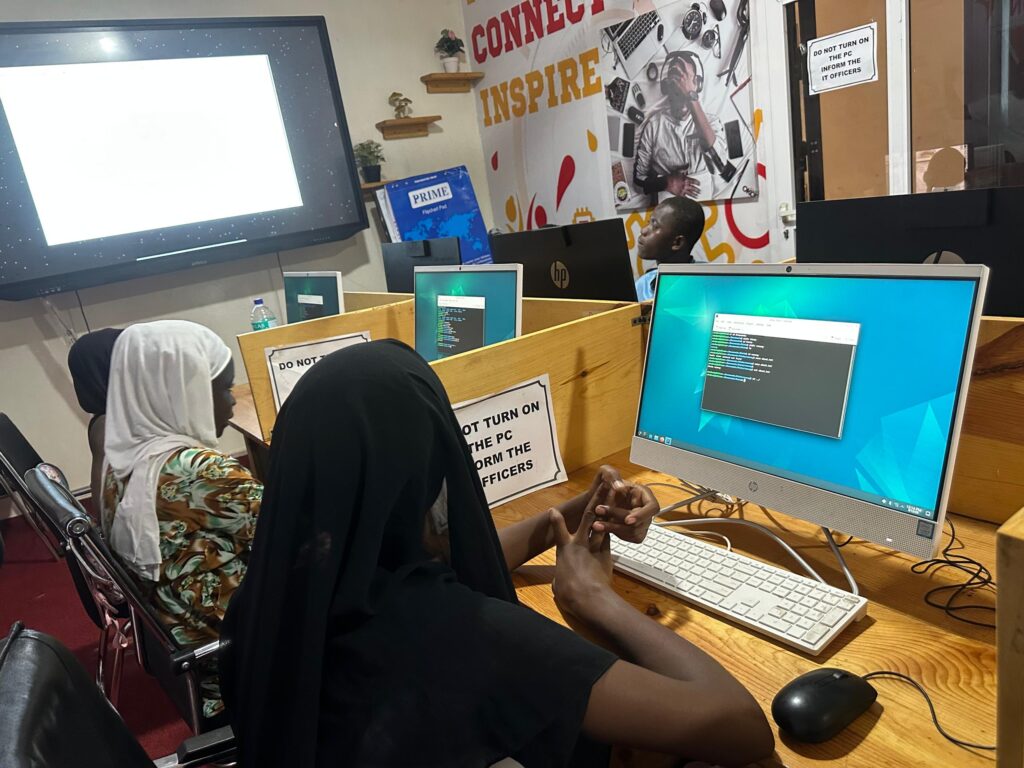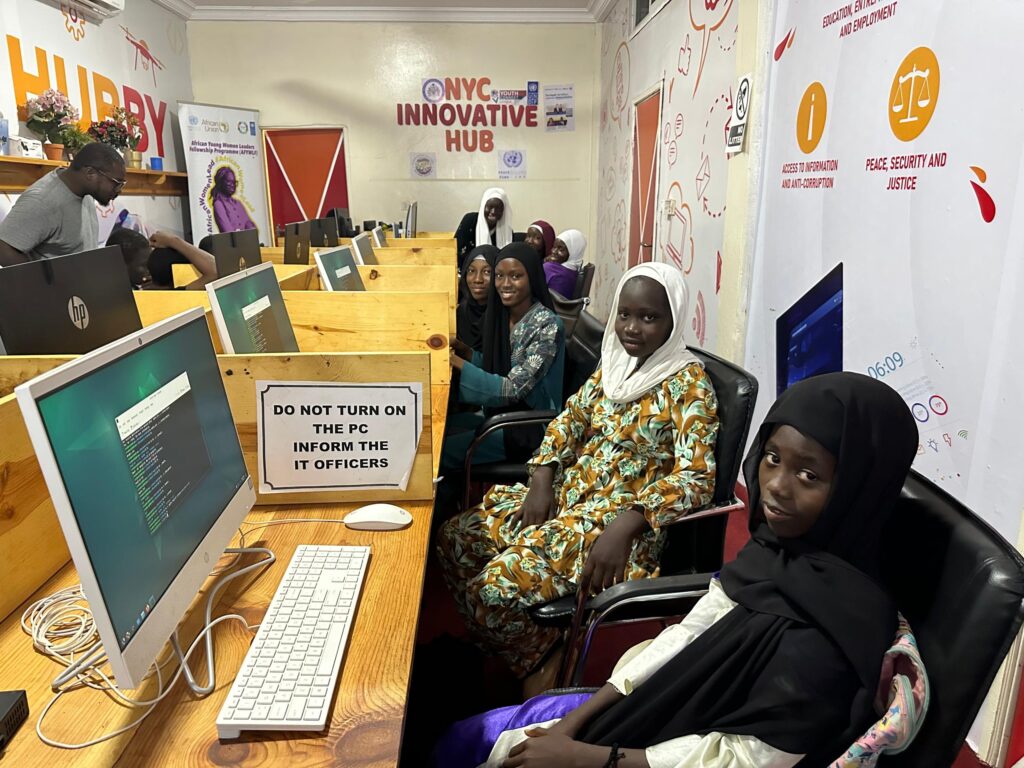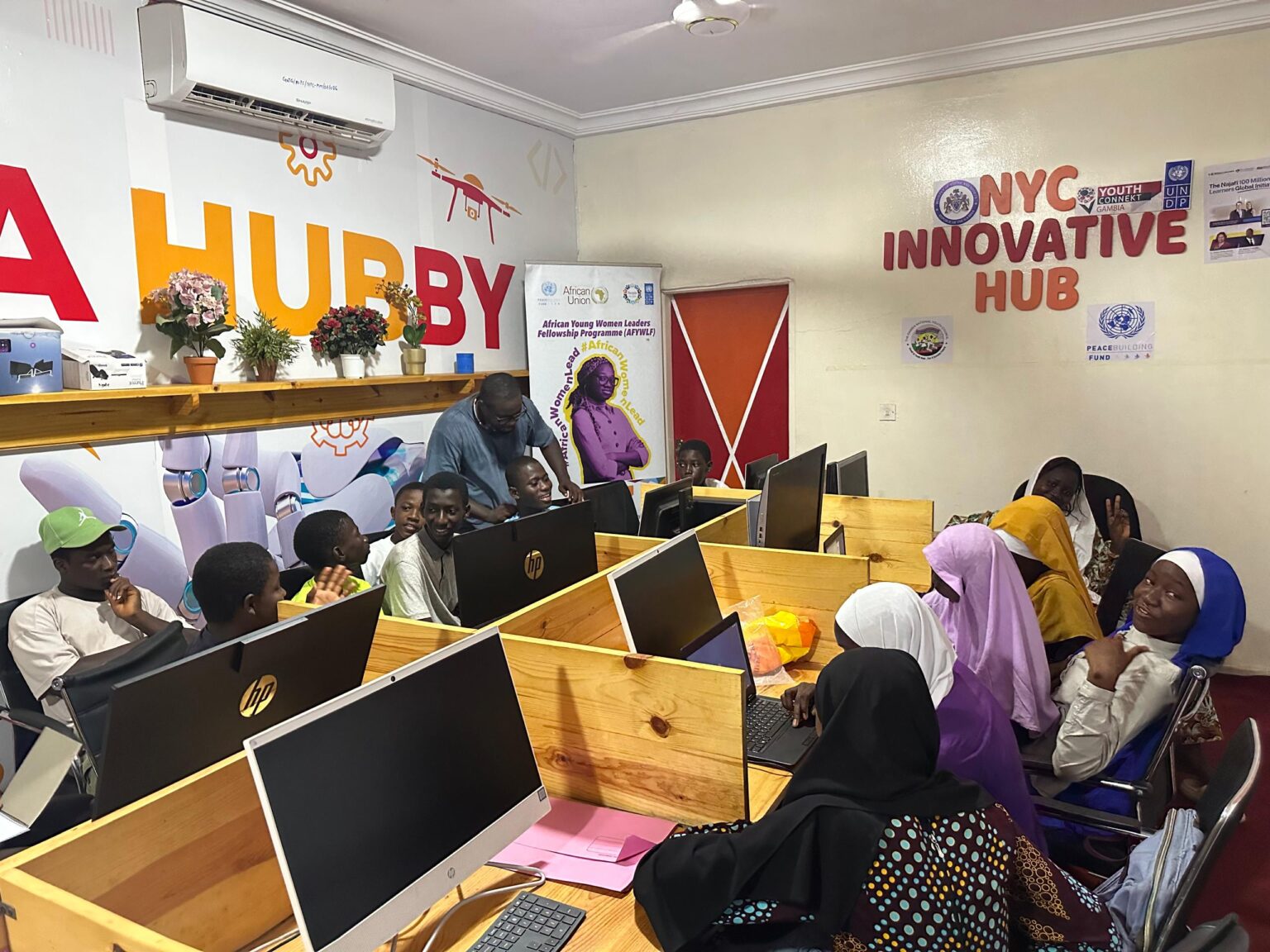Hello there! I’m Muhammed Kanyi, a passionate fullstack developer, Certified Cybersecurity professional, and technology educator. This summer, I embarked on a mission: to introduce high school and junior school kids to the world of Linux. Now, four weeks into our journey, I’m filled with pride and excitement watching these young learners flourish in their very first hands-on experience with Linux.
The Kids Are Loving Linux!
From the very first class, the kids’ curiosity was palpable. Many had never touched a command line before, let alone navigated a real Linux environment. With each passing session, their confidence grew.
- They now greet me with “sudo” jokes and challenge each other with who can list the most files using
ls. - The mystery behind basic commands like
pwd,cd,mkdir, andtouchhas vanished—replaced by a sense of accomplishment and technical pride. - Breakthrough moments happen every week: a student fixing a file permission error, another scripting their first
forloop, and a few customizing theirbashprompt.
I see the spark of discovery in their eyes—the same wonder I felt as a teenager when I first realized what Linux could do
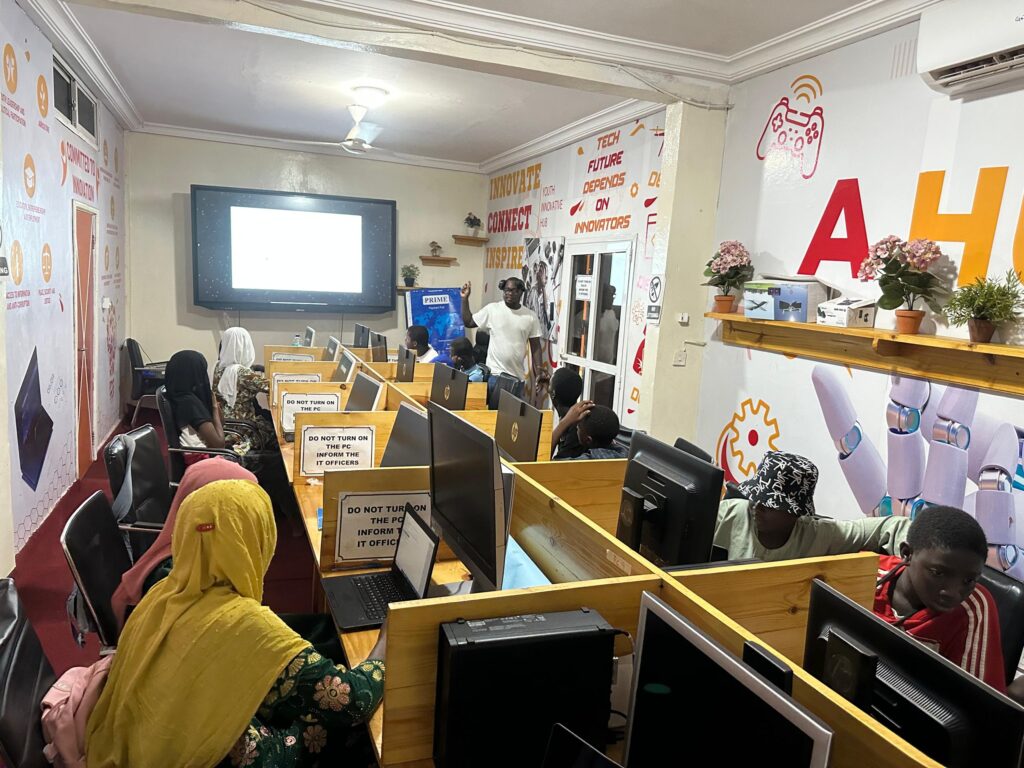
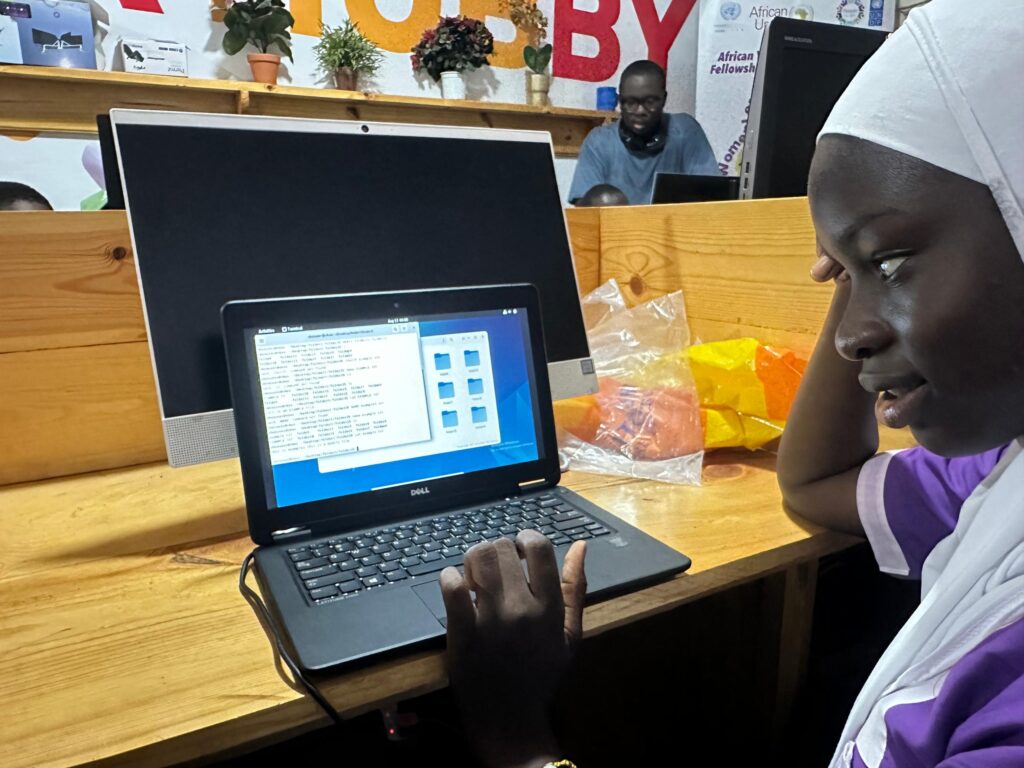
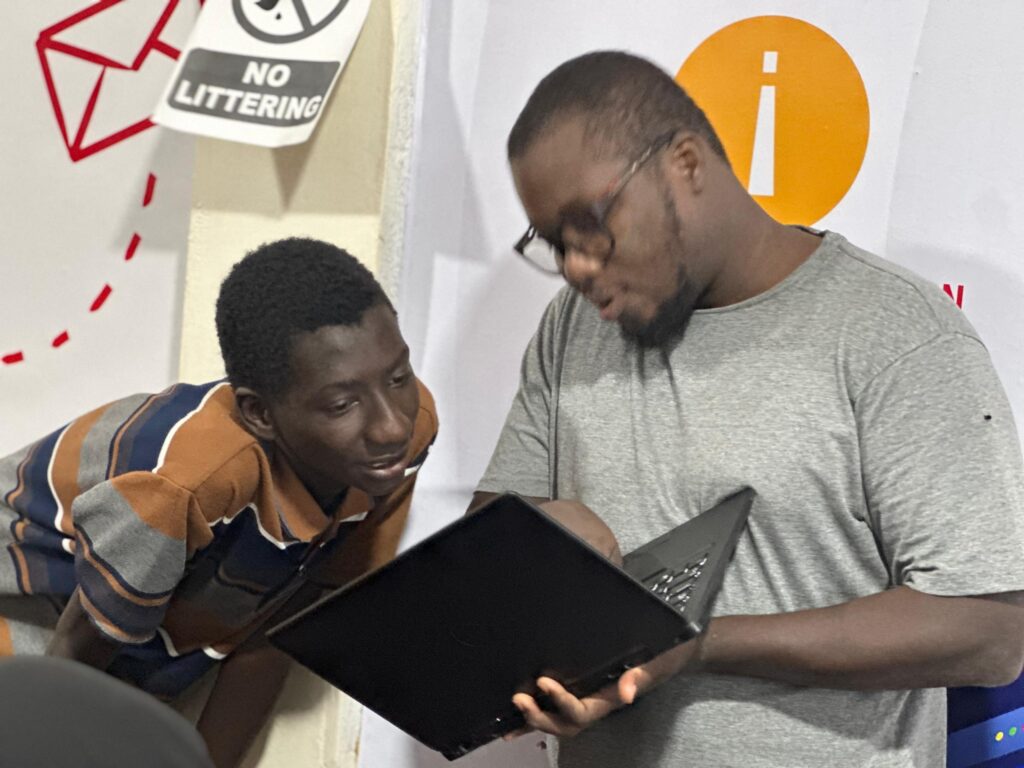
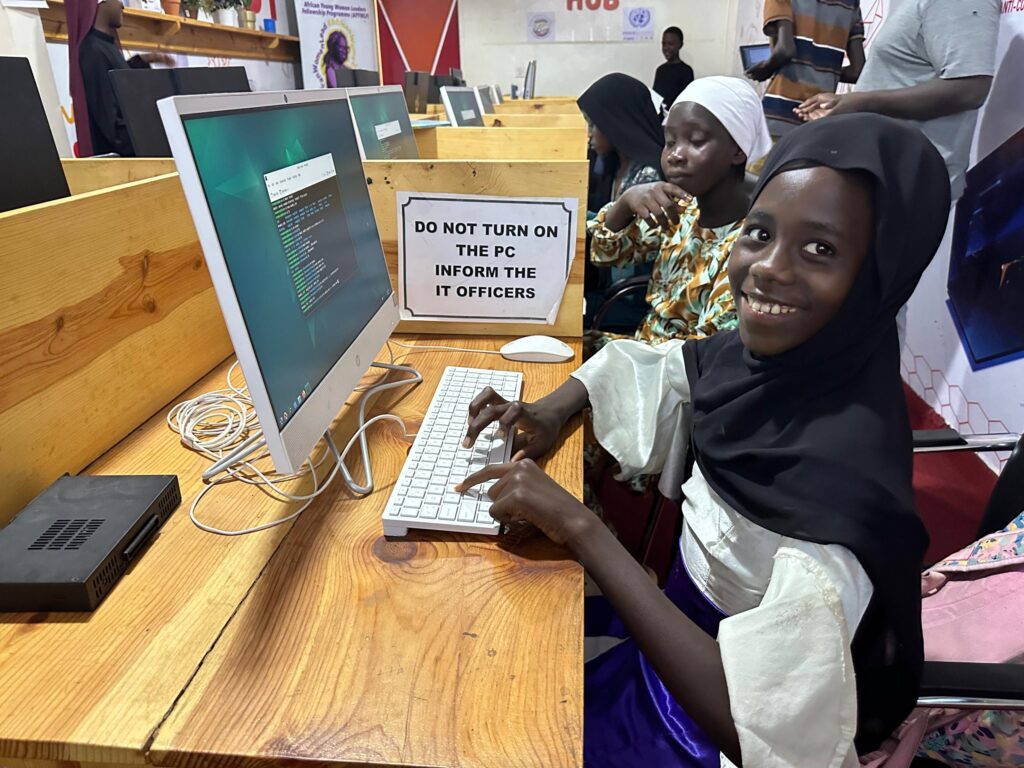
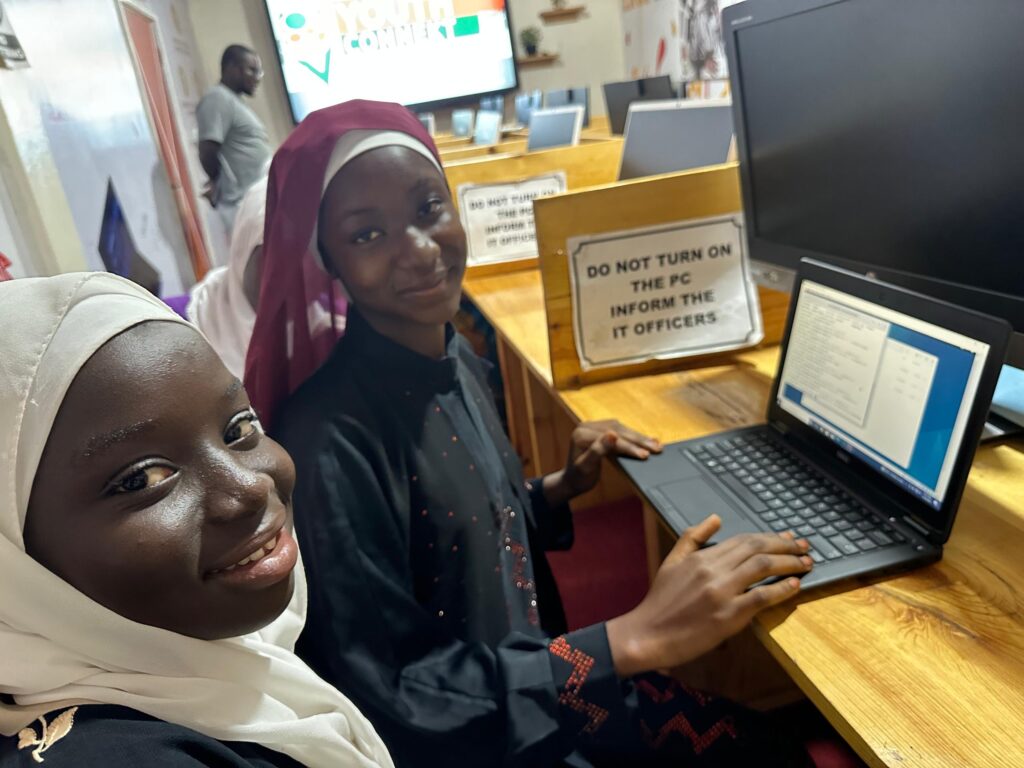
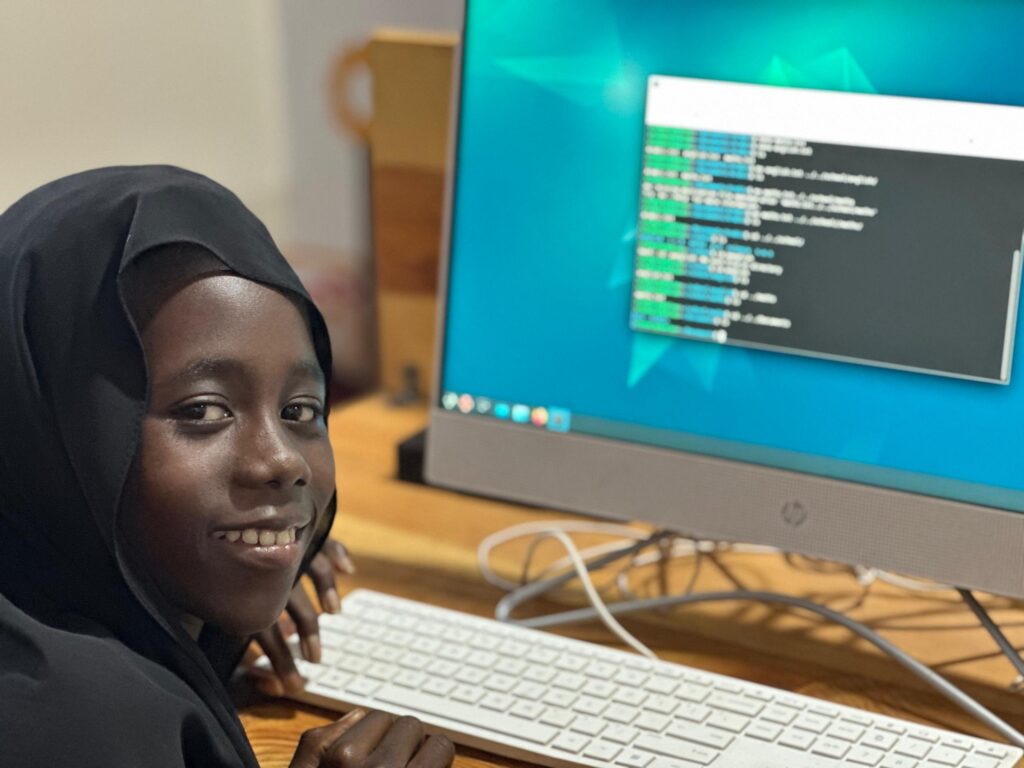
.
How Early Linux Could Have Supercharged My Journey
Looking at their progress, I can’t help but reflect on my own beginnings. My introduction to Linux came much later—after high school, when my fascination with computers pushed me to explore the deepest layers of technology.
Back then, I had to figure things out the hard way. Installing Linux, partitioning hard drives, and troubleshooting cryptic errors on my own taught me persistence, but also slowed my initial momentum. There were moments of frustration—hours spent debugging a network issue or searching for a missing package.
If I’d had exposure to Linux earlier, I know my path in programming and development would have accelerated. Linux isn’t just an operating system; it’s a mindset. It teaches you to think logically, solve problems methodically, and embrace experimentation. These skills have been the backbone of my journey from a self-taught coder to a senior developer leading teams and building robust applications.
Why Linux Matters for Programming
Linux is the foundation that every programmer, developer, and hacker stands on. For me, it unlocked:
- The power of the terminal: Automating repetitive tasks, manipulating files, and controlling systems efficiently.
- Understanding systems: Kernel modules, processes, permissions, networking—all revealed through Linux’s transparency.
- Real programming: Bash scripting, Python automation, and eventually deeper dives into languages like Rust and Ruby.
Every major leap in my skillset was powered by a deeper understanding of Linux. The flexibility and openness of the platform gave me the tools to experiment, break things, and learn from my mistakes.
Technical Progress
In our classes, we’ve covered:
- Filesystem navigation:
ls,cd,pwd,tree, and directory management withmkdirandrmdir. - File operations: Creating and editing with
touchandnano, viewing contents withcatandless. - Permissions: Understanding
chmod,chown, and why “permission denied” isn’t the end of the world. - Process management: Running programs in the foreground and background, exploring
psandhtop.
The students are progressing at a pace that amazes me. Some have started exploring beyond the curriculum—installing packages with apt, customizing their shell environment, and reading manual pages for fun!
My Personal Reflections
Watching these kids confidently type commands, fix errors, and collaborate reminds me why I love teaching. I see future programmers, sysadmins, and tech innovators in the making. Most importantly, I see them building the perseverance and curiosity that Linux instills—the very traits that propelled me forward in my own career.
If you’re a parent, educator, or aspiring learner, give Linux a try. It’s not just a tool—it’s a gateway to mastering technology, and a lifelong companion in your journey as a problem solver.
